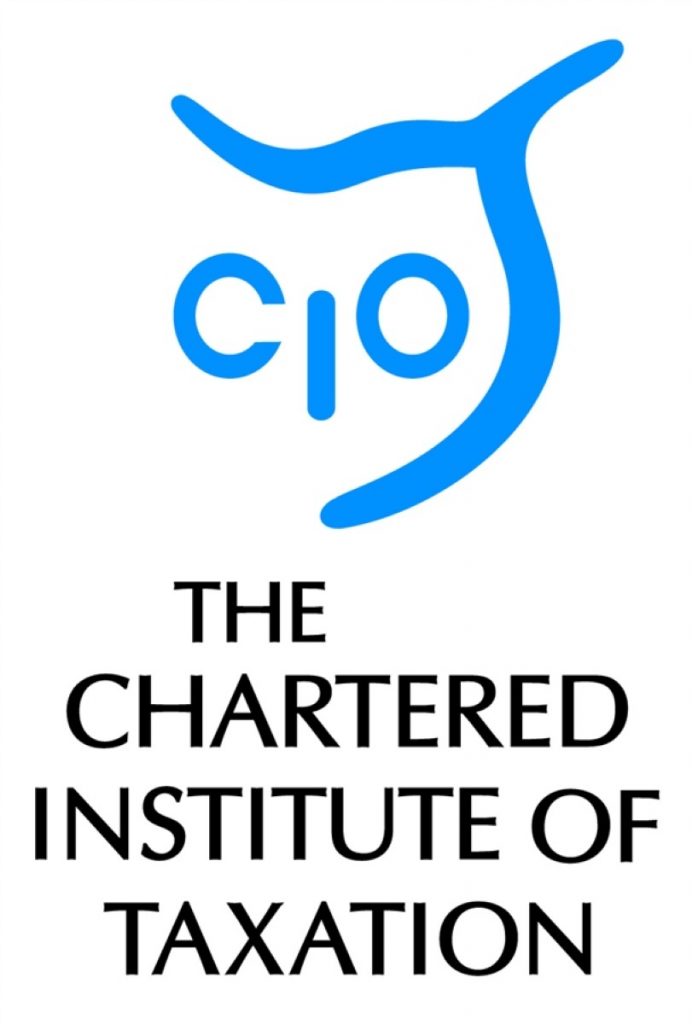HMRC’s poor customer service – tackle the causes not just the symptoms
While MPs report a further fall in HMRC’s customer service standards, the Low Incomes Tax Reform Group (LITRG) is calling on the Government to recognise the strain placed upon the public by constant change and increasing complexity in the tax system, and to ensure the department has the resources it needs to cope with the resulting demands on its helplines. LITRG also offers its help in making HMRC communications more comprehensible, thereby relieving one of the main causes why people pick up the phone.
In its report on HMRC ‘s performance in 2014/15, the House of Commons Public Accounts Committee (PAC) has found that ‘HMRC is still failing to provide an acceptable service to customers and could not tell us when it would be able to do so’. PAC reports that HMRC answered 72.5 per cent of calls during 2014/15 (39 per cent were answered within five minutes) and only 50 per cent in the first six months of 2015 against an unambitious target of 80 per cent. PAC is concerned that ‘customer service levels are so bad that they are having an adverse impact on the collection of tax revenues’.
Anthony Thomas, LITRG Chairman, said:
“HMRC’s Your Charter promises that HMRC will ‘do all we can to keep the costs of dealing with us as low as possible’. HMRC’s failure to answer half of all telephone calls in the first six months of 2015, or to answer those who did succeed in getting through within a reasonable time, is arguably a breach of that commitment.
“While HMRC doubtless deserves censure for delivering such poor customer service, just being loudly critical of the department does not address the real problem, which is that HMRC is being required to do too much with too little.
“In time, so we are told, taxpayers and tax credit claimants will be able to interact with HMRC by means of sophisticated digital systems, and there will be less need for more traditional means of communication. Small steps towards that goal include the ability to renew tax credits claims online, and the development of the digital tax account.
“But in the meantime, the telephone remains the only real option for dealing with HMRC. And with the increasing complexity of the tax system and opacity of HMRC communications, more and more people are driven to phone the helplines to make claims, ask for explanations, query apparent mistakes, enquire after delayed post, or seek help in completing forms. We wait anxiously to see how HMRC will cope with the inevitable flood of calls from tax credit claimants when they realise the extent of the reductions in their awards from April 2016.
“Much of this could be avoided if we had a simple and straightforward tax system and clear and accurate communications from Government departments, including HMRC. But until that day comes, HMRC must not be starved of resources to cope with the inexorably increasing demands upon their helplines. If HMRC receive additional funds to tackle avoidance and evasion, they should be similarly funded to improve customer service for their compliant customers.
“Meanwhile, there is much that we and others in the voluntary sector can do to help HMRC improve the quality of their communications, which would reduce the pressure on the call centres, and we remain ready and willing to do so. It is important that HMRC listen to those who are prepared to engage constructively with them.”
Note to editors
1. PAC’s ‘6th Report – HM Revenue and Customs performance in 2014-15’ can be viewed here
2. Low Incomes Tax Reform Group
The LITRG is an initiative of the Chartered Institute of Taxation (CIOT) to give a voice to the unrepresented. Since 1998 LITRG has been working to improve the policy and processes of the tax, tax credits and associated welfare systems for the benefit of those on low incomes.
The CIOT is the leading professional body in the United Kingdom concerned solely with taxation. The CIOT is an educational charity, promoting education and study of the administration and practice of taxation. One of our key aims is to work for a better, more efficient, tax system for all affected by it – taxpayers, their advisers and the authorities. The CIOT’s work covers all aspects of taxation, including direct and indirect taxes and duties. The CIOT’s 17,500 members have the practising title of ‘Chartered Tax Adviser’ and the designatory letters ‘CTA’, to represent the leading tax qualification





-01.png)